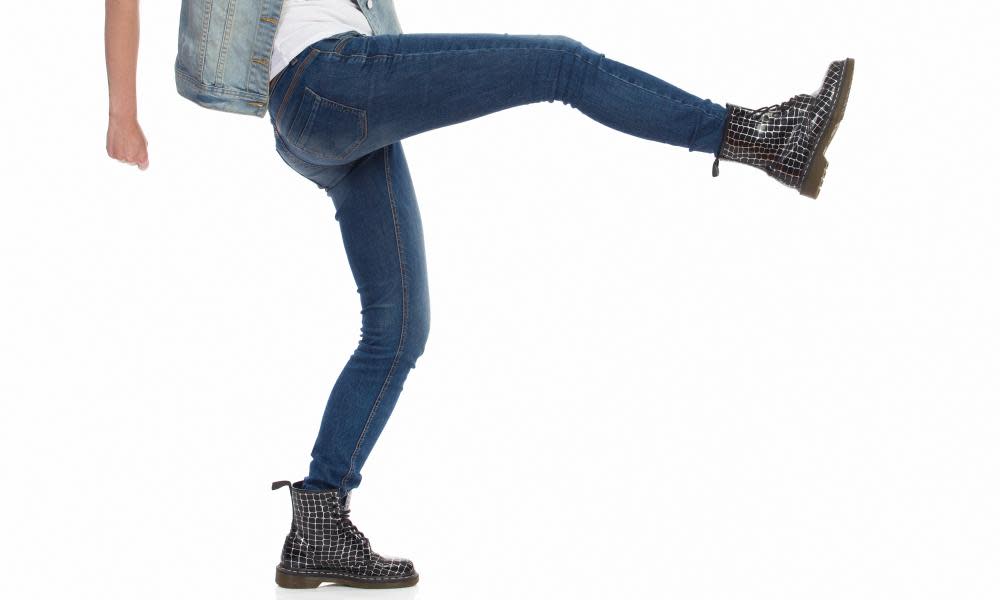Examining human behaviour and bias

Implicit bias is frequently invoked these days, from racial bias in the classroom or in hiring, to gender bias in academic settings. Unfortunately, it is often used to describe behaviour that goes well beyond (We know there is bias. So what do we do now?, Opinion, 8 December).
Implicit bias comes in two forms. One is automatic, quick and unavoidable. It’s the reaction you have before you have time to regroup. When your task is to name the number of digits in the following array, “7 7 7 7,” the correct answer is four, but people’s first impulse, before they correct it, is to say “seven!” Correction takes time, and requires attention and understanding.
This kind of bias arises from quick association. It explains why Americans, whether they score high or low on discrimination scales, when exposed to a picture of a black face, are more likely to quickly identify an ambiguous object as a gun, compared to when they are first shown a white face. But if you give them another half second, this can be corrected, particularly by those who score lower on discrimination and are quick to detect the problem with their initial impulse.
The other kind of implicit bias is not so much instantaneous as it is simply hard to appreciate. In his book Moneyball, Michael Lewis describes baseball recruiters who are influenced by certain player features – the shape of a body, the flow of a movement – that, as it turns out, do not correlate with success on the field. There is good reason to believe that the recruiters truly want to find the best players; that they have no principled objection to athletes with less typical baseball bodies. Their bias, of which they are unaware and which is unintentional, is “implicit”.
Neither kind of implicit bias explains the academic conference to which hardly any of many first-rate women scientists were invited. Nor does it explain the UK restaurateurs who ask minority patrons to leave. They implicate biases of which we are, or ought to be, fully aware.
When you tap my knee with a reflex hammer and I kick, that’s a reflex. If I’m still kicking you a minute later, that’s something else.
Eldar Shafir
Princeton University
• Join the debate – email guardian.letters@theguardian.com
• Read more Guardian letters – click here to visit gu.com/letters
• Do you have a photo you’d like to share with Guardian readers? Click here to upload it and we’ll publish the best submissions in the letters spread of our print edition

 Yahoo News
Yahoo News 
